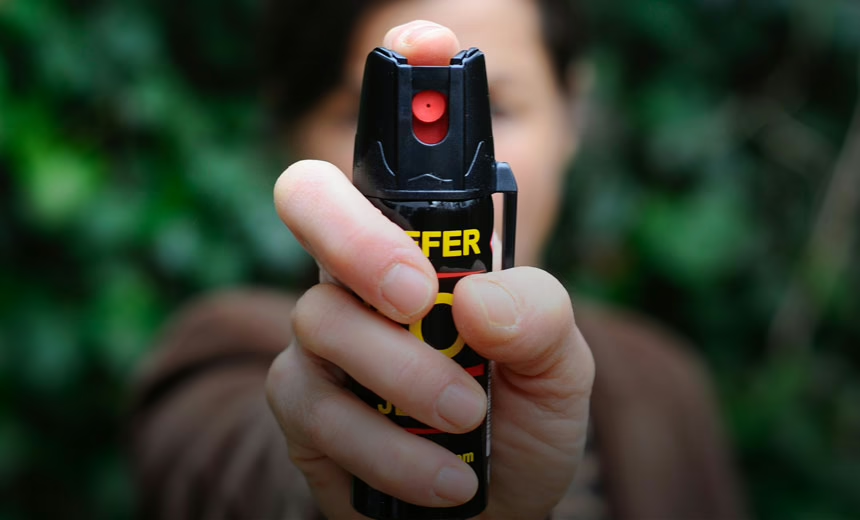"*" indicates required fields
The effects of pepper spray on eyes
26/08/2017

Needless to say, being on the receiving end of pepper (or capsicum) spray is never going to be recommended. While many governments approve the use of pepper spray by police or military groups, there is plenty of evidence to suggest that it can cause considerable harm, especially to the eyes.
The effect of pepper spray on the eyes will be immediate, triggering uncontrollable tearing, involuntary closing of the eyelids, redness, swelling, stinging and temporary blindness. The epithelial layer of the cornea is disrupted by pepper spray, so people with impaired corneal integrity (diabetes, dry eye or recurrent corneal erosion) are particularly susceptible to these effects, compared to those with good eye health.
Anyone wearing contact lenses will need to remove them as soon as possible – using clean fingers, not skin that’s been in contact with pepper spray. The contact lenses should be thrown away, because they can’t be repaired.
Rubbing affected eyes will only increase the intensity of pain and should be avoided. You can try flushing eyes with a saline solution. Blinking vigorously to encourage tears will also help flush the irritant from the eyes.
Overall, there is no conclusive evidence to suggest that pepper spray will cause permanent damage to the eye, however repeated exposure could certainly cause permanent damage to the cornea.
The information on this page is general in nature. All medical and surgical procedures have potential benefits and risks. Consult your ophthalmologist for specific medical advice.
Date last reviewed: 2022-10-05 | Date for next review: 2024-10-05
